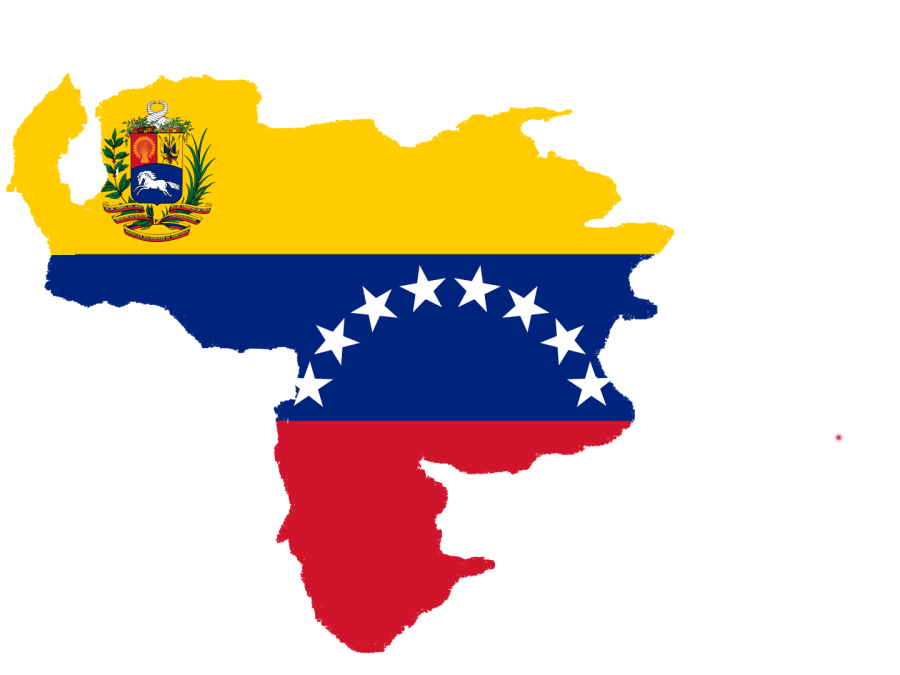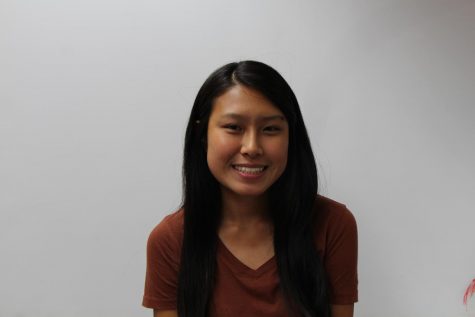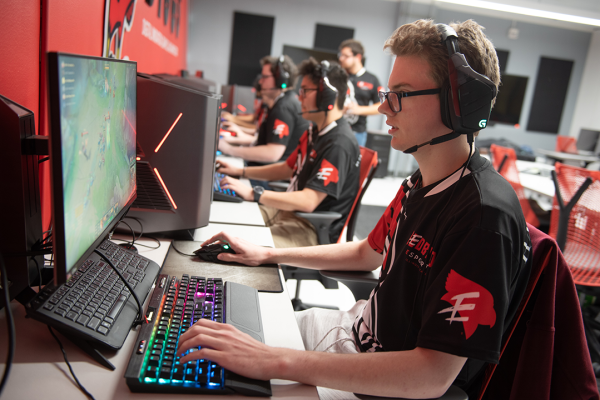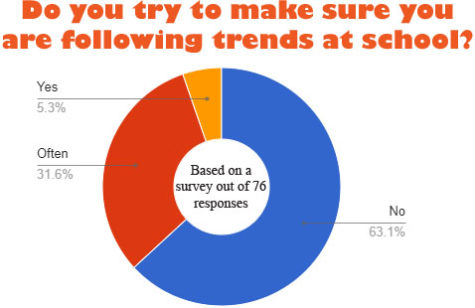Hispanic students embrace new culture: Eugenia Amado
October 12, 2018
Sophomore Eugenia Amado remembers Venezuela. If you ask her about her country, she will tell you about the beaches and the food, the friends and the family. She will tell you about the love and the people, but most of all, she will tell you about why she left it.
Given the choice to leave the country or comply with the government, Amado and her family are a part of a group of millions who have fled Venezuela for varying reasons. The world she details, though beloved, is one that has been ravaged by economic collapse and hyper-inflation.
“What a regular person gets for payment is like $200 a week, but if you want to buy milk, it will be $100, so if you want to buy enough things for the week, you couldn’t do it.” Amado said. “There’s a lot of people begging for food, going to houses to ask for clothes or food.”
Though Amado and her family were able to flee the country, the process has been a long and difficult one that is still ongoing in various ways.
“We were in my Uncle’s house and in hotel rooms for three months before we could come here,” Amado said.
Since moving here five months ago, Amado has had to adjust to the unfamiliar culture and language. She is a part of the school’s English Languages Learners (ELL) program and has been studying the language from scratch.
“I’m new at this language, but it’s not that hard,” Amado said. “I really like it. I think if you like it, you will learn it fast.”
In her family’s situation, the ability to communicate is a responsibility that has fallen to her.
“My parents don’t speak English at all,” Amado said. “I was the one to help get the apartment and the car. I was like a translator for them. It makes me feel like I can help my family.”
More than just learning the language, Amado is fighting for a better future.
“I want to get good grades, so I can get credits for university,” Amado said. “I play soccer, and I want to get a scholarship to go to art college.”
She hopes to become a painter, a career that she never could have imagined happening in Venezuela.
“If you want to have an actual future or have a decent life in Venezuela, you have to work for the government,” Amado said. “I have so many options here about art. The more art I learn, the more I grow up, so I feel like I can go far. I’m really going to be able to go to a university, I’m really going to be an educated person here,” Amado said.








